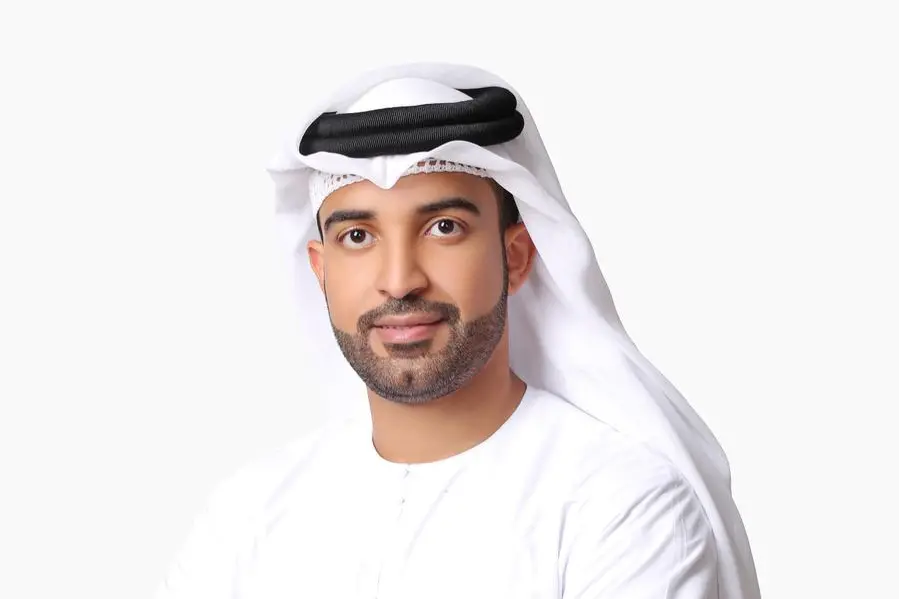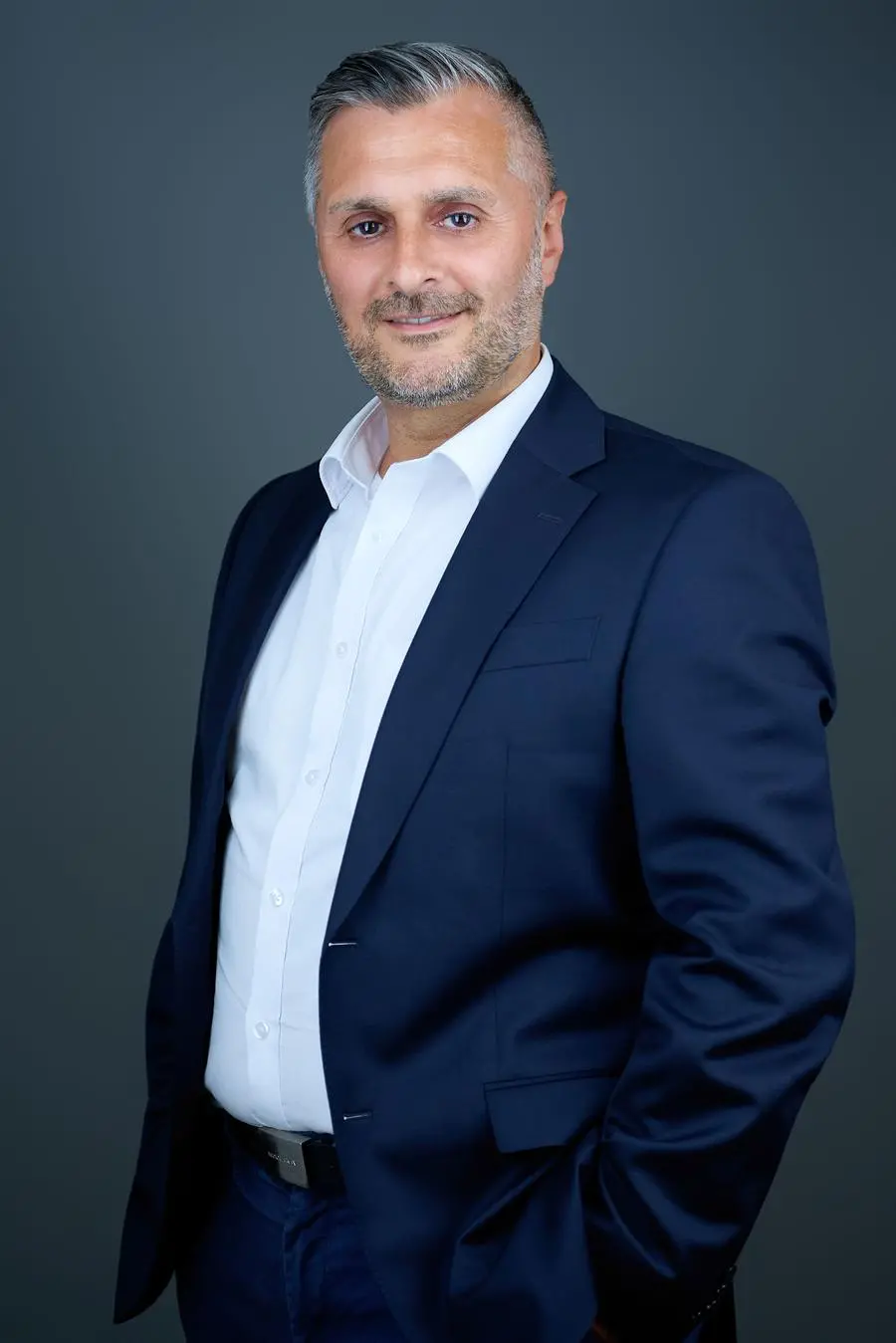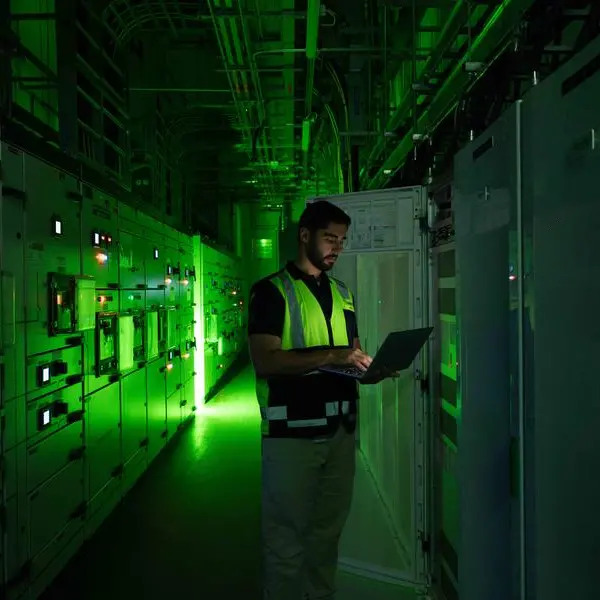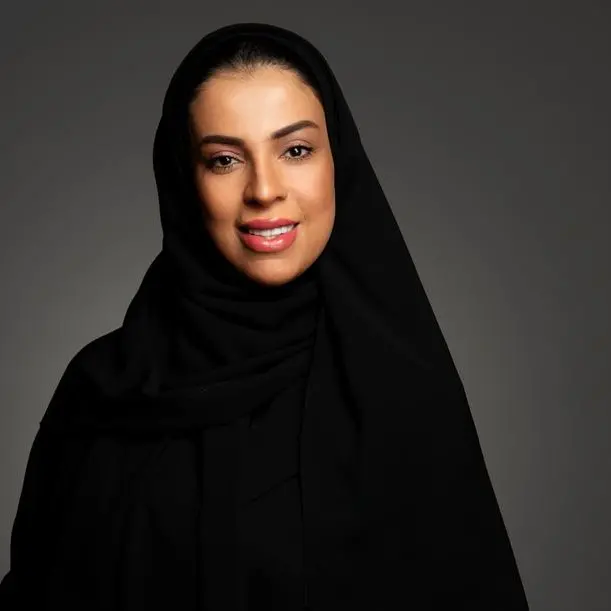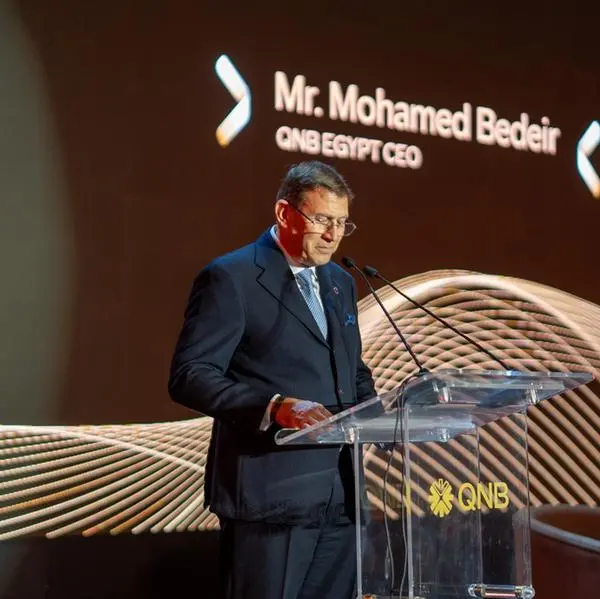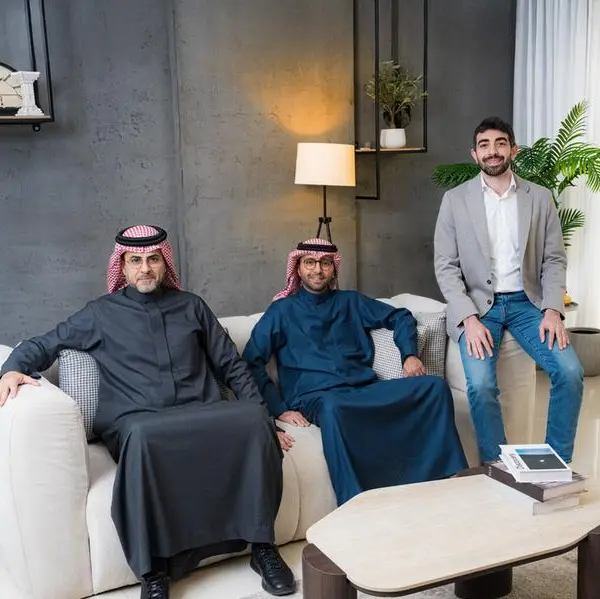PHOTO
- AlSuwaidi will be joined by Kristen Magas, Tiffany Snyder, and Anderson Wilder as they enter the HERA habitat on 1 November
- Mission to replicate the conditions of space exploration on Earth and offer a unique platform for studying human adaptability to isolation and confinement to support future long-duration space endeavours
Dubai – UAE: The Mohammed Bin Rashid Space Centre (MBRSC) today announced the selection of Obaid AlSuwaidi as the Emirati crewmember for the second analog study of the UAE Analog Programme, as part of NASA’s Human Exploration Research Analog (HERA) Campaign 7 Mission 4, scheduled to begin on 1 November 2024. AlSuwaidi will join the primary crew, including Kristen Magas, Tiffany Snyder, and Anderson Wilder, in a 45-day mission within the 650-square-foot Human Exploration Research Analog (HERA) facility at NASA’s Johnson Space Center in Houston, Texas, USA.
The three-storey HERA habitat, designed to replicate the conditions of space exploration here on Earth, offers a unique platform for studying human adaptability to isolation and confinement. By simulating the demands of long-term space travel, such as missions to Mars, scientists aim to better understand how future astronauts will cope with the extreme physical and psychological challenges posed by deep space journeys.
Throughout the mission here on Earth, the crew will undertake a variety of experiments, including a simulated “walk” on Mars using virtual reality, along with activities like cultivating vegetables and shrimp farming. A key aspect of the HERA studies involves assessing the long-term effects of isolation and confinement on crew performance, health, and well-being. Additionally, the crew will experience communication delays with Mission Control, simulating the increasing time lags expected as they "approach" Mars. These delays, which could extend up to five minutes one way, are critical to observing how astronauts might manage similar conditions on future interplanetary missions.
Scientific experiments
The four crewmembers will participate in 18 human health experiments, focusing on physiological, behavioural, and psychological responses in a controlled environment. This research will provide valuable data, which seeks to enhance human resilience and performance in spaceflight conditions.
As with previous phases of the analog study, the UAE’s involvement demonstrates its growing contribution to international space exploration. Leading six of the mission’s critical studies in collaboration with MBRSC are the United Arab Emirates University (UAEU), Mohammed Bin Rashid University of Medicine and Health Sciences (MBRU), and the American University of Sharjah (AUS). These efforts reflect the UAE's continued commitment to advancing scientific knowledge in preparation for future lunar and Martian exploration.
Adnan AlRais, Assistant Director General - Space Operations and Exploration Sector, MBRSC said, “We are pleased to announce the selection of Obaid AlSuwaidi for the next phase of the second analog study under the UAE Analog Programme. His involvement in this mission, in collaboration with NASA, strengthens our scientific foundation in addressing the human factors of long-duration spaceflight. The findings from this study will play a crucial role in shaping the future strategies for deep space missions, including Mars, while reinforcing the UAE’s position as a key player in international space exploration. We remain dedicated to pushing the boundaries of innovation and inspiring future generations to drive forward our vision of space exploration and scientific discovery.”
About Obaid AlSuwaidi
Obaid AlSuwaidi, a captain engineer at the UAE Ministry of Defence, has extensive experience in civil and marine engineering, offering strategic leadership in addressing complex challenges within the organisation. During his role at the Ministry, he was instrumental in optimising productivity, setting high professional standards, and building a talented team to meet the nation’s defence needs.
AlSuwaidi has a bachelor’s degree in engineering from Western Sydney University, Australia, a master’s degree in civil and environmental engineering from George Washington University, USA and master’s degree in project management from Abu Dhabi University. In addition to his professional pursuits, he is an avid horse rider, swimmer, and runner.
AlSuwaidi is part of the fourth group of volunteers to participate in an analog study in HERA this year. The first phase of the second analog study of the UAE Analog Programme was completed on 11 March 2024, while the second and third phases were completed on 25 June 2024 and 23 September 2024, respectively.
For Media Queries:MBRSC Media Team - mbrsc@quillmena.com
ABOUT MOHAMMED BIN RASHID SPACE CENTRE (MBSRC):
MBRSC is an advanced scientific and technological hub, responsible for making the UAE a world leader in space services and exploration.
Established in 2006, the Mohammed Bin Rashid Space Centre (MBRSC) started out with five engineers, who took it upon themselves to develop their capabilities and expand their knowledge in the field of space, relying on strong will and solid determination. Since then, the Centre has continued its journey to be the incubator of the UAE National Space Programme. The MBRSC is home to the UAE Satellite Programme, UAE Astronaut Programme, Mars 2117 Programme and Emirates Mars Mission, among others. Under its satellite programme, the Centre has built, developed, and operated several Earth observation satellites, including DubaiSat-1, DubaiSat-2 and KhalifaSat, the first satellite that was fully built by Emiratis in 2018. The Centre has also developed MBZ-SAT, the most advanced satellite in the region, which has been approved for launch.
MBRSC is also developing the Emirates Airlock, a crew and science airlock module for the Gateway lunar space station, humanity's first international outpost to orbit the Moon. Additionally, the UAE will also be sending an Emirati astronaut on a Moon mission. Under the UAE Astronaut Programme, MBRSC currently has four astronauts, two of who have undertaken missions to the International Space Station, including the longest Arab space mission in history by H.E. Dr. Sultan Saif AlNeyadi. The Mars 2117 Programme includes the Emirates Lunar Mission, UAE Analog Programme and Space Ventures.
